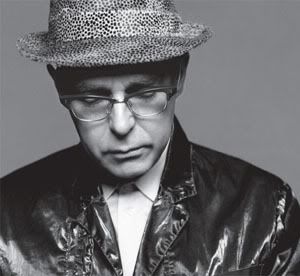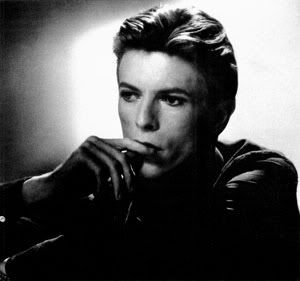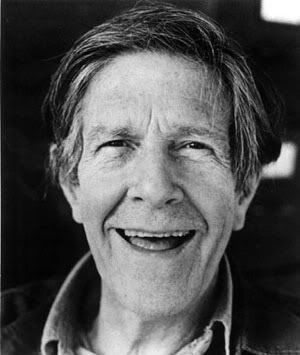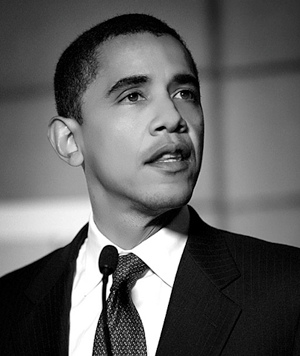
You - the listener - are being blamed for the death of the music industry.
Every time you download something for free, a big giant finger is pointed directly at you. You are stealing - taking the hard earned pennies straight from the hands of the artists who slaved away to create what you selfishly devalue. Your activity should be monitored and any infringement noted and penalised.
How about another perspective?
You are the customer, and the musicians are working for you. You are the saviour of music.
In days of yore, music was not a commodity. It had no physical form, so it could not be bought and sold in the same way. Composers had patrons - the wealthy lovers of the arts who sponsored the creation of new works. It was very much a B2C relationship - with the composer selling directly to a customer.
This worked for centuries, until we discovered that you could capture sound and package it up in plastic.
The music industry was born, and suddenly the relationship changed. Composers needed companies to make the plastic that would carry their works. And those companies wanted big returns on their investments. They saw that they could create a whole network of money making opportunities. They needed distribution to ship the plastic all around the world. And they needed shops to sell the plastic to customers.
The relationship changed from B2C - to B2B. Composers now had no business relationship with their listeners. The plastic was all that mattered - pressing it up, shipping it around, selling it in stores.
Fast forward again. A digital world realises it dosent need the plastic anymore. Suddenly the entire network is under threat. The business relationship that relied heavily on the physical manfiestation of the music no longer has context.
Its time we went back to the B2C relationship.
Artists are working for the listener. They make their art for a global patron - their community - which they must build, get to know and demonstrate a commitment to. In return they are supported for their efforts by their community. This is the key - like any business, the artist must find out what their customer wants to pay for. Some communities might still want a plastic souvenir to take home and own - which they will create demand for. As (thankfully) the joy of experiencing music has not changed over the centuries, the artist will always have something else to sell - the live experience of their music. And now that we have a global method of broadcasting - the internet - with a more reliable way of keeping track of what is being performed, the artist can continue to expect royalties for how their work enriches the experience of other businesses - the element of a healthy B2B relationship that still remains.
So in the end, it is the plastic that not only created the music industry, but lead to its downfall. And as you - the customer - now have the power back, you should be respected for the part you play in helping musicians to bring their art to life.
























.jpg)


